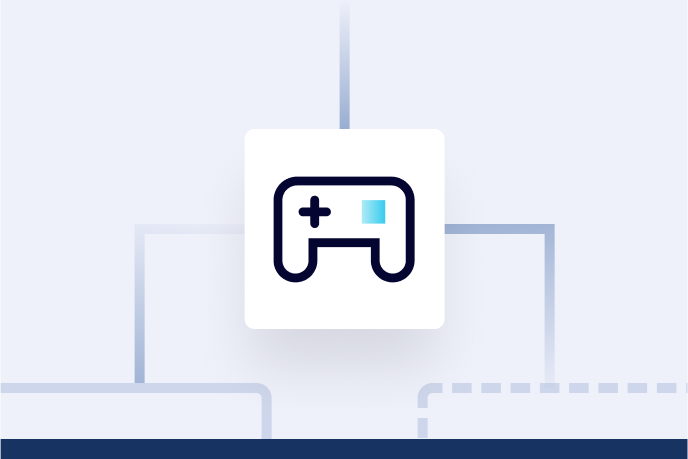[Virtual Event] GenAI Streamposium: Learn to Build & Scale Real-Time GenAI Apps | Register Now
AI and Data Streaming: Essential Resources for Developers
Chances are, if you’re working to build mission-critical applications, you’re familiar with the intersections where AI, machine learning, and data (both real-time and historical) meet. At this stage in the game, AI is becoming prevalent in nearly every major industry, with adoption having increased three times since 2019 and 25% of AI initiatives and 36% of AI models now reported to be in production [source].
But with all the rising hype around the future of AI, it’s important to remember: at a fundamental level, operationalizing the use of AI and machine learning within organizations requires access to reliable, high-quality data for effective training and adaptation. This is where data streaming becomes useful for teams looking to optimize the way they tap into data to fuel AI applications.
Data streaming maximizes the power of AI applications by:
Enabling continuous training on data streams
Facilitating efficient and perpetual data synchronization from source systems to machine learning platforms
Enabling real-time application of AI models
Providing access to high-volume data processing
With this in mind, where does one begin when looking to learn more about how AI and data streaming go hand in hand? We’ve rounded up a few helpful resources to get you started!
AI and Data Streaming = <3
1. Uniting the Machine Learning and Data Streaming Ecosystems (blog series)
In part one of this two-part blog series, you’ll learn about how machine learning and data streaming markets are colliding/overlapping and the socio-technical barriers we need to resolve to unite them. In part two, you’ll explore the current landscape of solutions (along with a breakdown of their limitations) and how to use an array of tools for real-time machine learning today.
2. GPT-4 + Streaming Data = Real-Time Generative AI (webinar and blog)
In this webinar and corresponding blog post, you’ll discover how to harness ChatGPT to build real-world use cases and integrations in your organization.
3. Data Streaming and Retrieval-Augmented Generation for Real-Time GenAI (webinar)
In this webinar, you'll learn how to build a real-time, contextualized, and trustworthy knowledge base to support the RAG pattern. For further reading, visit the RAG glossary page.
4. Considerations for Abstracting Complexities of a Real-Time ML Platform (recorded talk)
In this recorded talk, you’ll discover how machine learning platforms can benefit from an “invisible” abstraction. You’ll also learn more about why platform teams are using data streaming technologies for machine learning use cases.
5. Streaming Machine Learning and Exploration with Confluent and SymetryML (blog post) In this blog post, you’ll explore how to use a simple API to help your team migrate to streaming machine learning from batch machine learning. We’ll also cover how real-time exploration, paired with Apache Kafka®, empowers teams to build unique solutions that give them an edge.
6. Online Machine Learning on Streaming Data With River and Bytewax (recorded talk)
In this recorded talk, you’ll learn how to leverage River (a Python library for online machine learning) and Bytewax (an open source Python framework for building scalable data flows to process data streams) to build streaming applications on Kafka that use online machine learning techniques.
Looking to learn more about the latest technologies, trends, and applications in the AI and data streaming ecosystem? Check out the recorded sessions from Current 2023 | The Next Generation of Kafka Summit, and hear from subject matter experts across a variety of industries.
Avez-vous aimé cet article de blog ? Partagez-le !
Abonnez-vous au blog Confluent
Beyond Boundaries: Leveraging Confluent for Secure Inter-Organizational Data Sharing
Discover how Confluent enables secure inter-organizational data sharing to maximize data value, strengthen partnerships, and meet regulatory requirements in real time.
Real-Time Toxicity Detection in Games: Balancing Moderation and Player Experience
Prevent toxic in-game chat without disrupting player interactions using a real-time AI-based moderation system powered by Confluent and Databricks.

